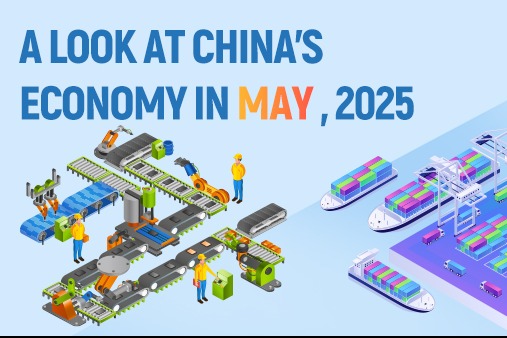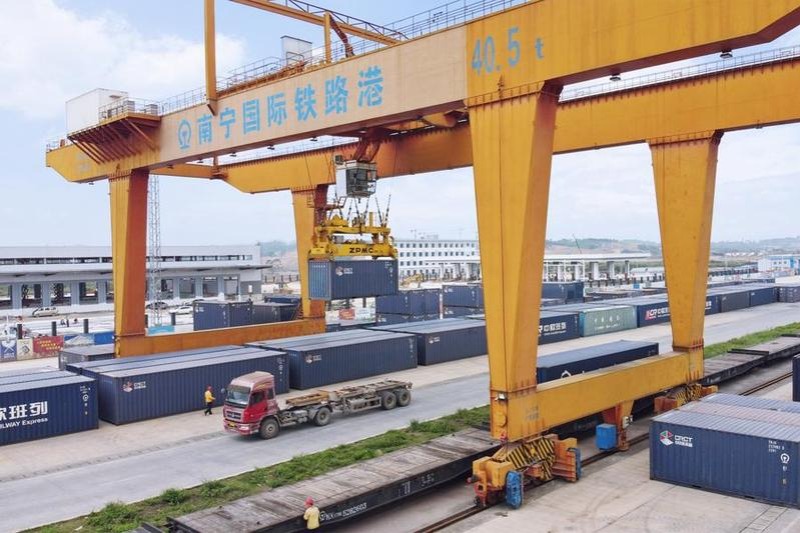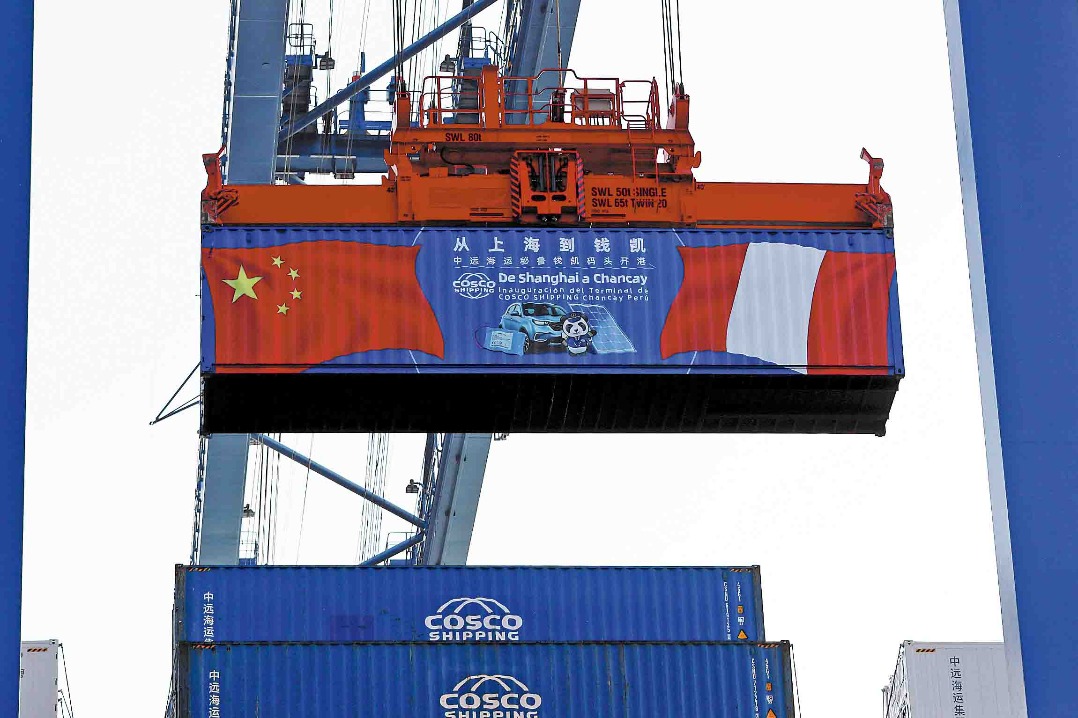Wall Street, investors reject decoupling from China

Looking east
Meanwhile, the European Union may have more reasons to look east.
"The eurozone will be the last major economy to return to pre-pandemic levels and will suffer continued substantial output gaps for at least the next two years," Erik Nielsen, chief economist at Uni-Credit, told The Wall Street Journal last month.
The International Monetary Fund expects the eurozone economy to shrink by 3.3 percentage points this year, while the US economy is tipped to grow by 1.5 percent.
On the bright side, Germany's BMW AG and Daimler AG recorded sharp rises in vehicle sales to China last year, The Wall Street Journal reported.
The US Chamber of Commerce detailed the financial impact of any decoupling in a widely cited report issued on Feb 17.
"A new administration under President Joe Biden faces a difficult challenge in defining the next stage of economic engagement (or disengagement) with China. Deciding which areas do not pose a threat to national security-and should therefore be left open-is a complex task," the report said.
"Some argue that disengagement from China, through reshoring and investment in homegrown innovation, can boost economic activity in the United States. However, without an objective, fact-based examination of the costs and benefits of the US-China economic relationship-and the economic impact of disentangling that relationship-that argument is purely speculative."
The report summarized the potential impact of decoupling on various sectors of the US economy.
It said that if 25 percent tariffs were expanded to cover all two-way trade, the US would forgo $190 billion in GDP annually by 2025.
If decoupling led to the sale of half of US foreign direct investment stock in China, US investors would lose $25 billion per year in capital gains, and models point to one-time GDP losses of up to $500 billion.
Turning to Chinese tourism and education spending, the report said that if future flows were reduced by half from their pre-pandemic levels, the US would lose between $15 billion and $30 billion per year.
The Chamber, which is based in Washington, estimated that a complete loss of access to the Chinese market for US aircraft and commercial aviation services could cost between $38 billion and $51 billion annually.
Lost access to customers in China would cost the US semiconductor industry between $54 billion and $124 billion in output, risking more than 100,000 jobs, $12 billion in research and development spending and $13 billion in capital spending.
For the US chemicals industry, due to tariffs alone, the potential cost of decoupling ranges from $10.2 billion in domestic payroll and output reductions, along with 26,000 lost jobs, to more than $38 billion in output losses and nearly 100,000 lost jobs.
The US medical devices industry would see abandoned market share in China go to its competitors, boosting their economies of scale and handing them future revenue from the Chinese market, where rising incomes and an aging population are driving demand for such devices. US lost market share is valued at $23.6 billion in annual revenue, amounting to revenue losses of more than $479 billion over a decade.
On March 2, China's top banking and insurance regulator said that while the country holds promise for foreign businesses and investors looking for profits, it is studying ways to manage capital inflows to prevent turbulence, as authorities are "very worried" about the risk of bubbles bursting in foreign markets.
Global markets are starting to see the side effects of fiscal and monetary policy steps taken in response to the pandemic, said Guo Shuqing, head of the China Banking and Insurance Regulatory Commission.
"Many people buy homes-not to live in, but to invest or speculate. This is very dangerous. Financial markets are trading at high levels in Europe, the US and other developed countries, which runs counter to the real economy," Guo said.
"Financial markets should reflect the situation of the real economy. If there's a big gap in between, problems will occur and the markets will be forced to adjust. So, we are very worried about the financial markets, particularly the risk of the foreign financial assets bubble bursting."
Xu Wei in Beijing and Reuters contributed to this story.




































